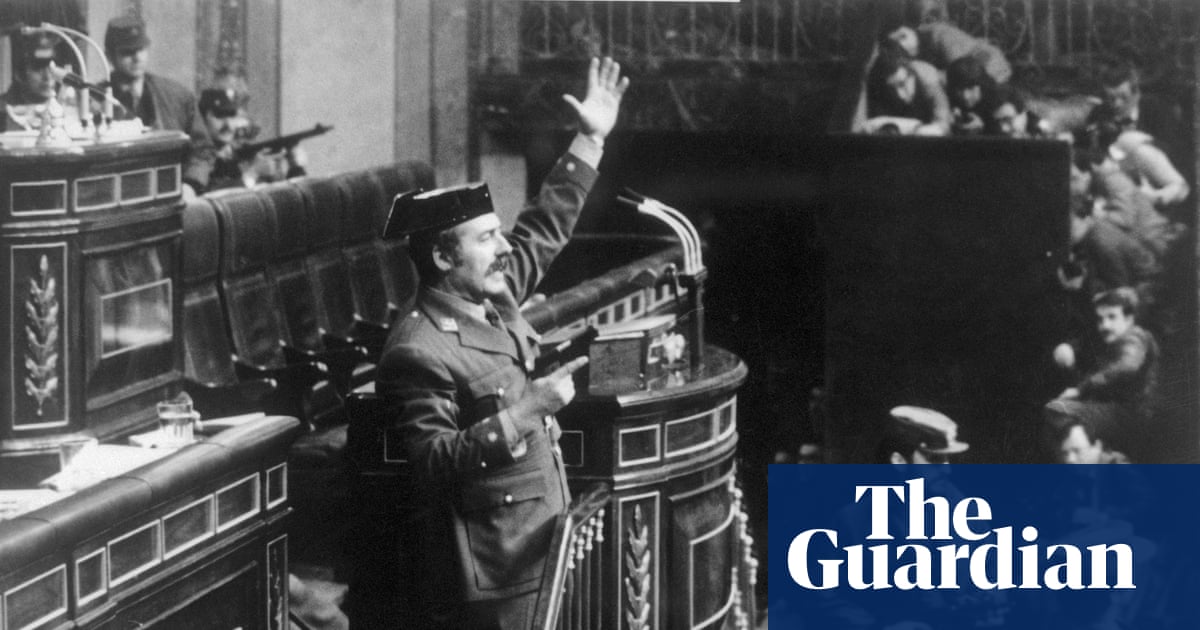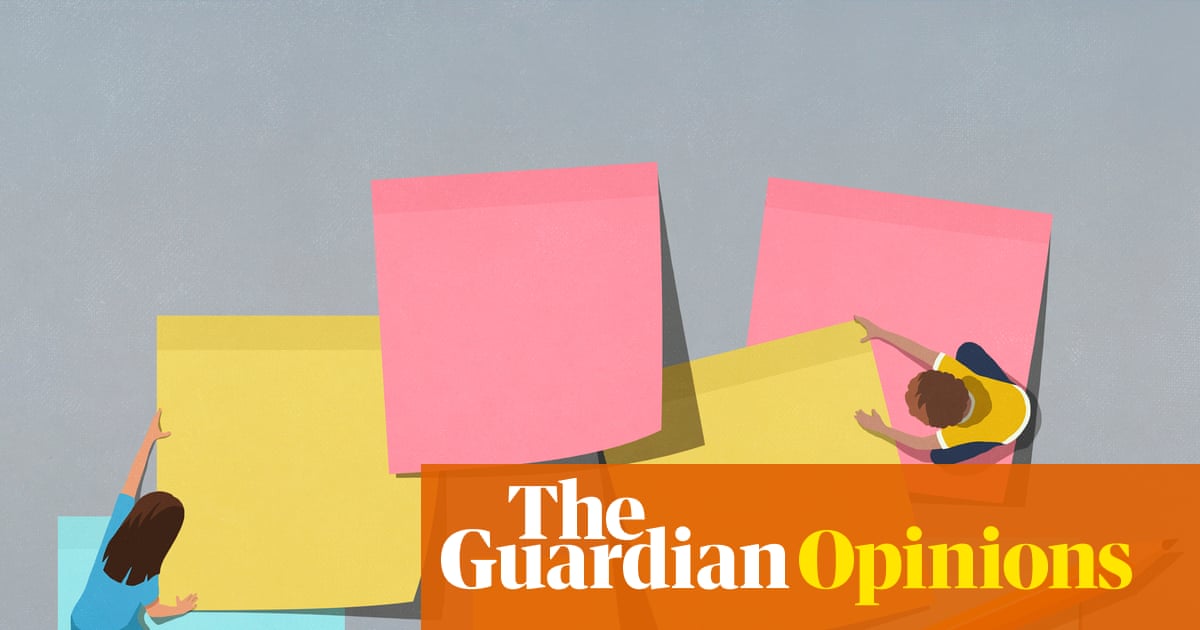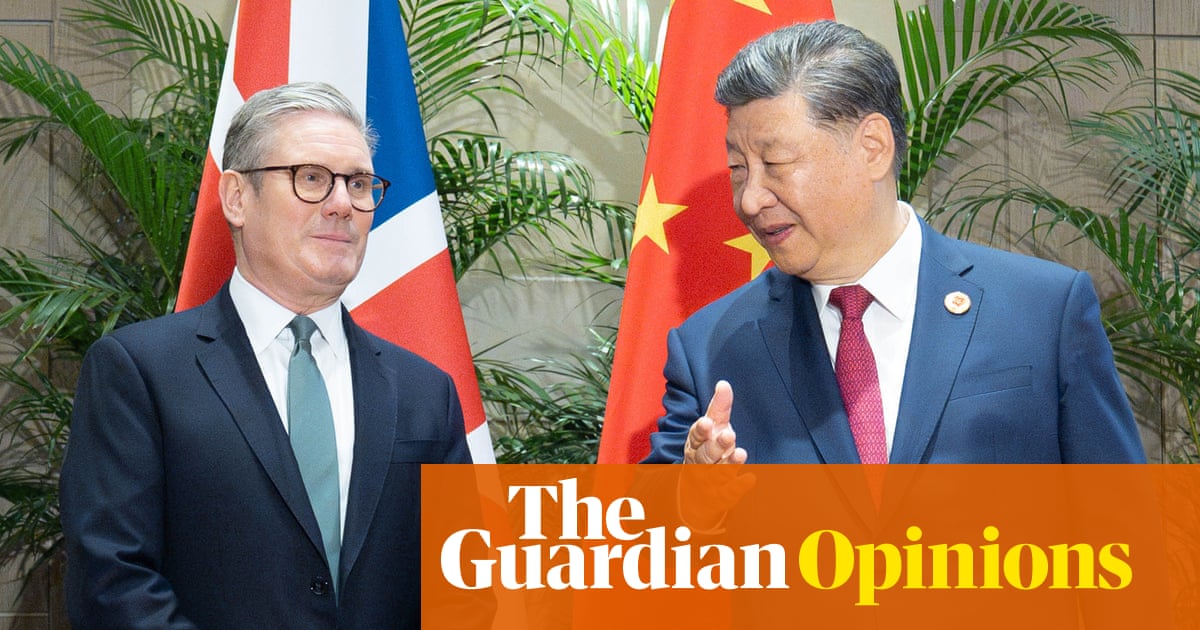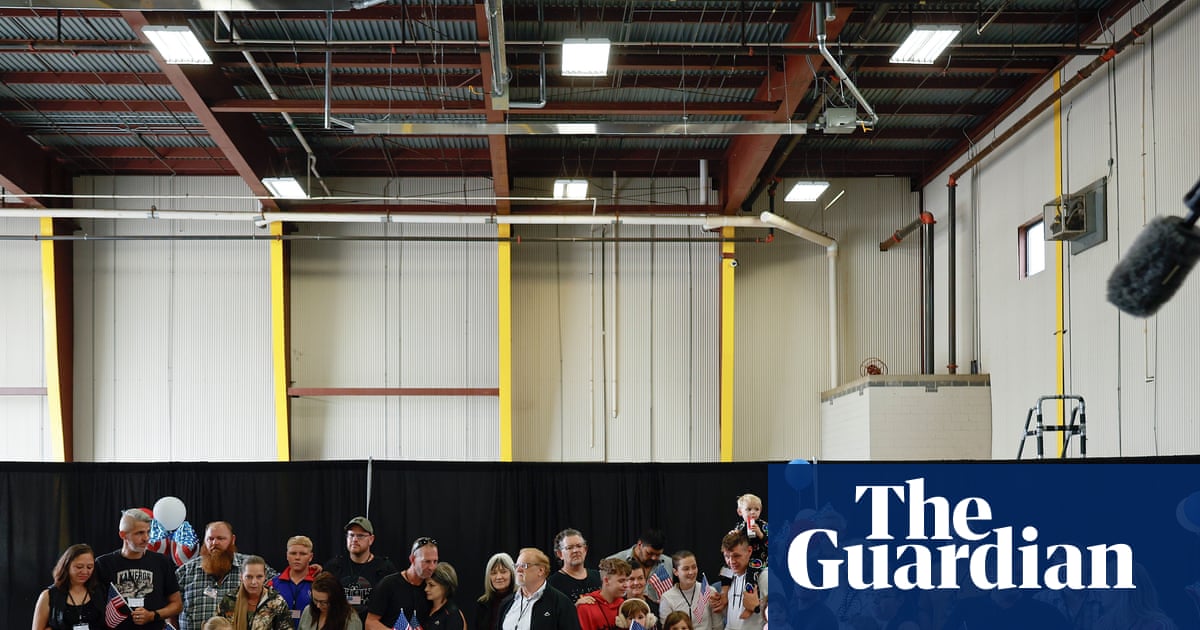Opposition posters scattered across Buenos Aires before Sunday’s midterms showed president Javier Milei’s name plastered over a US flag, in a bid to tap into anti-American sentiment over Donald Trump’s alleged interference in Argentina’s election.
Days before the vote, the US president announced a $40bn bailout for his Argentinian counterpart but warned that if Milei did not win he would withdraw his support.
Despite what has been described as the lowest point of his nearly two years in power – with an economic downturn and allegations of corruption – Milei won by a wide margin: about 41% to 32%, something opinion polls had failed to predict.
With the result, the president’s party, La Libertad Avanza, went from holding a modest presence in Congress, to a majority when combined with the seats of the centre-right PRO, the party of former president Mauricio Macri, which has already been an ally to Milei.
The sweeping victory – which even the president admitted had taken him by surprise – left many wondering whether the result reflects genuine support for Milei or if it was merely the outcome of what many saw as Trump’s economic blackmail.
“I know that the US bailout will bring some stability, but I also know that if the US has to let go of your hand at some point, it will,” said Agustin Cantilo, a 30-year-old broker who lives in Tigre and voted for Milei’s party twice.
“If there’s one party I will never, ever vote for in my life, it’s Peronism; that said, what matters most to me now is stability,” he added. “Milei is fixing the macro issues that matter to Argentinians: low inflation, a stable dollar … We’ve never had economic stability.”
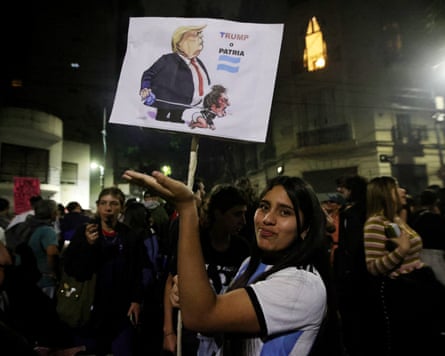
After enforcing deep spending cuts with his so-called “chainsaw” policy, Milei reduced inflation from over 200% annually to about 30%. Though this is still high by global standards, it has dropped to a level Argentina had not seen in years.
On the other hand, his policy of burning through dollar reserves to keep the peso overvalued has already led to the International Monetary Fund lending $20bn in April (of which $14bn has been disbursed) and the recent US bailout.
The surge in imports is severely affecting Argentina’s local industry and commerce. Since Milei took office in December 2023, people’s purchasing power has fallen sharply, real wages have declined, more than 200,000 jobs have been lost, and about 18,000 businesses have closed.
For Hernán Letcher, director of the Centre for Argentine Political Economy (CEPA), the election result was a surprise not only because opinion polls had not predicted it but also because, “when you look at the social indicators, none of them has shown or ever had a positive performance”.
“We often say in Argentina that a cheap dollar wins elections,” he added.
Letcher also attributed the result to falling inflation, fear of returning to a past of deep economic crises and “anti-Peronism”.
“A large part of society has a very stigmatised view of Peronism,” said Letcher, referring to the political movement that emerged under three-time Argentinian president Gen Juan Domingo Perón.
According to sociologist Juan Gabriel Tokatlian, Milei’s campaign succeeded in spreading the idea that if he did not win, the economy would collapse. “That created a sort of panic among many people who don’t want another devaluation, who know the cost is extremely high and therefore preferred to avoid a catastrophic scenario,” he said.
Tokatlian noted that within Peronism there had been some hope that Trump’s interference might backfire, as it had in Canada’s elections and in Brazil, where tariffs imposed by the US president ended up boosting Luiz Inácio Lula da Silva’s popularity.
“But in Canada and Brazil those were backlashes caused by Trump’s punitive measures. Here in Argentina, however, he was generous … and for some – not many, but for some – that support was at least the assurance that there wouldn’t be a catastrophic economic crisis,” said Tokatlian.
Aquiles Ferrario, 82, who owns a bookshop in central Buenos Aires specialising in imported art and design books, voted for Peronism on Sunday and said he found it “almost unbelievable that our people voted more guided by fear than by fury towards a government that does not hesitate to commit, spread and promote the most atrocious attitudes.”
“What worries me is the future of our children, grandchildren and their successors – that they might end up living openly in a colony of the US, which I believe is the status that corresponds to a country whose economic and geopolitical policy depends entirely on the US and on a figure such as Donald Trump,” he said.

 3 months ago
61
3 months ago
61





